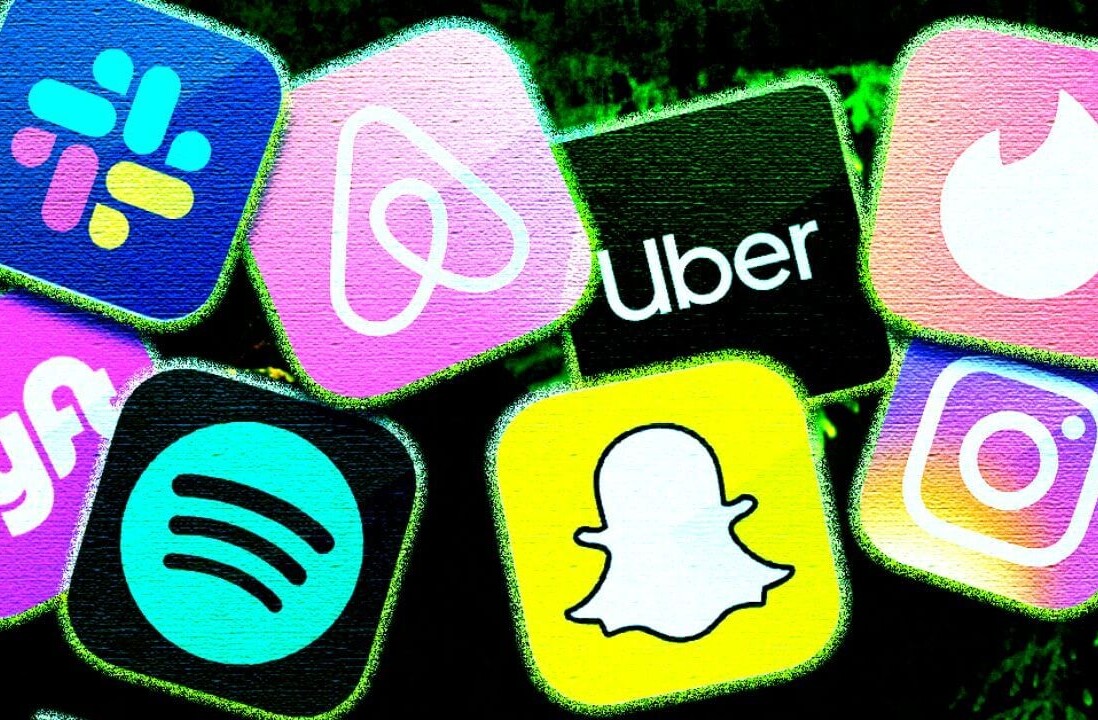
Out today is a report highlighting how Microsoft avoids billions in taxes by a number of legal, while perhaps slightly shady means. The Senate is behind the media cycle, releasing a study detailing how, in Bloomberg’s summation, “Microsoft used transactions with subsidiaries in Puerto Rico, Ireland, Singapore and Bermuda to save at least $6.5 billion in taxes.”
For those who track such things, a yawn is almost appropriate. Let’s rewind slightly, all the way to April of this year. From the New York Times: “How Apple Sidesteps Billions in Taxes.” That story, quite similar to the current Microsoft report, detailed how Apple used various offices and fine-tuned legal structure to avoid paying taxes in the United States.
Further back, in Bloomberg in 2010: “Google 2.4% Rate Shows How $60 Billion Lost to Tax Loopholes.” Yes, Google too doesn’t like paying taxes – who does – and is, like its technology brethren, quite good at avoiding them.
The Bloomberg report from today also dings HP, which is worth quoting: “In 2008, Hewlett-Packard Co. (HP) created a series of short-term internal loans that allowed the company to tap its offshore cash for domestic operations without paying taxes.” You have to marvel a bit at the ingenuity that goes into this sort of financial magic. Perhaps technological innovation has slowed down or changed here in the Valley, but financial innovation appears to be alive and well.
Except at Facebook. TNW took a look through the company’s recent quarterly filing and its IPO documents – it’s only been public long enough to file a single 10-Q – and found that, compared other firms, the company appears to enjoy paying taxes.
Its first public quarter is so garbled due to the costs the company took on with its stock based compensation that the firm lost money on paper, so we’ll set that aside and look at to other data points to make this case: 2011 as a whole, and the first quarter of 2012 [figures in millions, data via SEC]:
Note: Yes, this analysis is crude. Taxes are incredibly complex, involving loss carrying, intra-company transfers, the moving of funds between nations, credits, and more. The following figures and calculations should therefore be taken as illustrative and nothing more. Whiners will be ignored beaten.
- Calendar 2011 income before provision for income tax: $1,695
- Calendar 2011 income: $695
Effective rate: 41%
[Note: the effective tax rate is often not the final rate that is paid by a company, which would be its actual rate]
- Q1 2012 income before provision for income tax: $382
- Q1 2012 provision for income tax: $177
Effective rate: 46.33 %
Now, there is certainly more nuance to all of this, but it is illuminating. Let’s contrast Facebook’s figures with Microsoft’s fiscal 2011 profit and tax statistics [numbers in millions]:
- Fiscal 2011 income before income taxes: $28,071
- Fiscal 2011 provision for income taxes: $4,921
Effective rate: 17.5%
And Apple’s full 2011, as a final comparison:
- Fiscal 2011 income before income taxes: $34,205
- Fiscal 2011 provision for income taxes: $8,282
Effective rate: 24.2%
Impact
If Facebook was running Microsoft’s tax rate on its own income, it would generate, back of the envelope, nine-figure increased profit in the coming year. That would lower its PE and PEG ratios, and help shore up doubts concerning its valuation.
Why doesn’t Facebook use the same strategies of the big boys? I would posit that its lack of international structure would be the cause. How can a company funnel untaxed cash from the Cayman Island’s into Puerto Rico via a low-tax transfer, and then declare it at a different rate if it doesn’t have the required legal framework around the world?
In time, will Facebook likely start using similar strategies as Apple et al? I would certainly think so. For now, however, the young company is paying dearly.
A big thanks to friend-of-TNW Brad Sams of NeoWin for helping us double check and condition our calculations and statements.
Top Image Credit: Emmanuel Huybrechts
Get the TNW newsletter
Get the most important tech news in your inbox each week.




